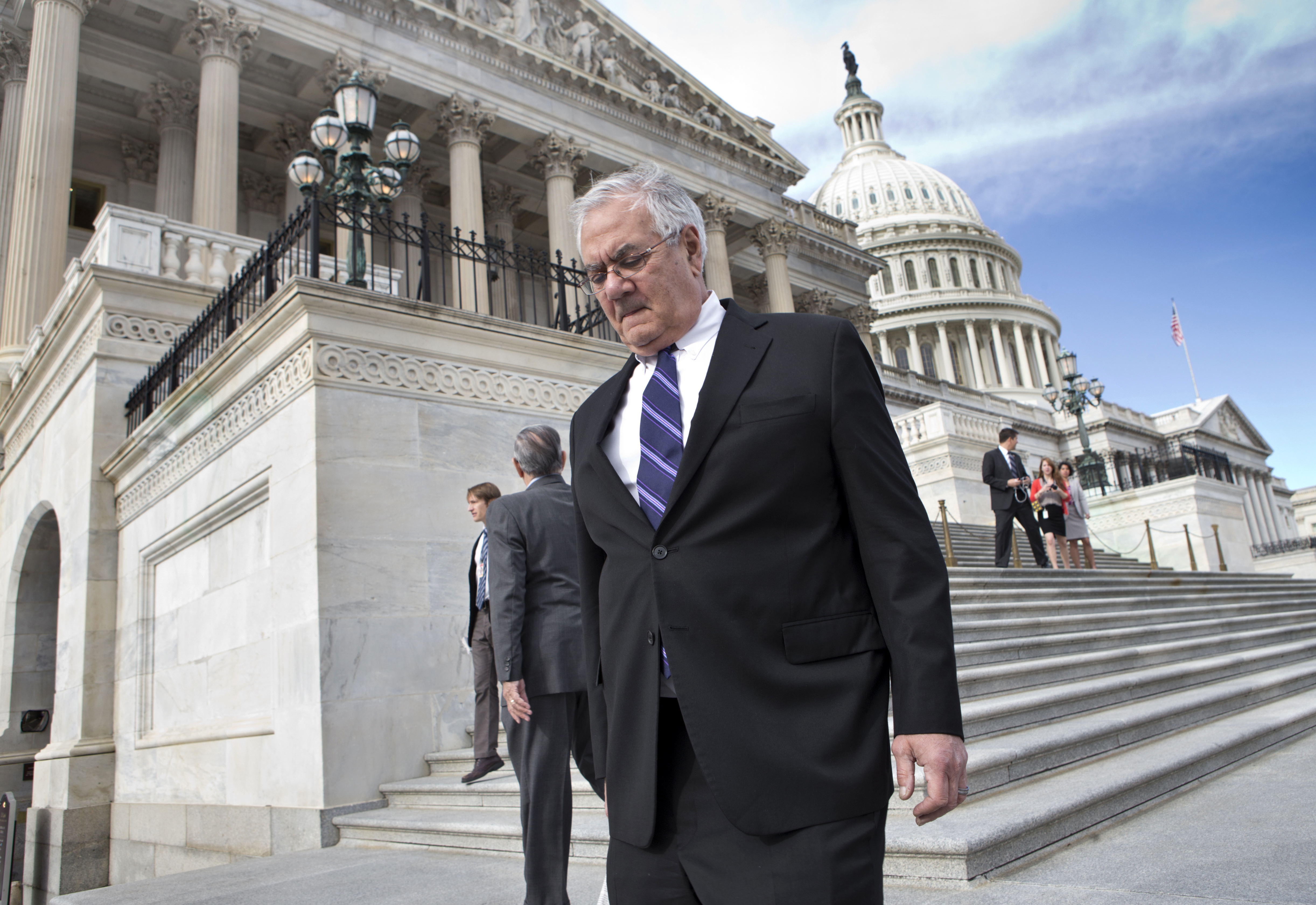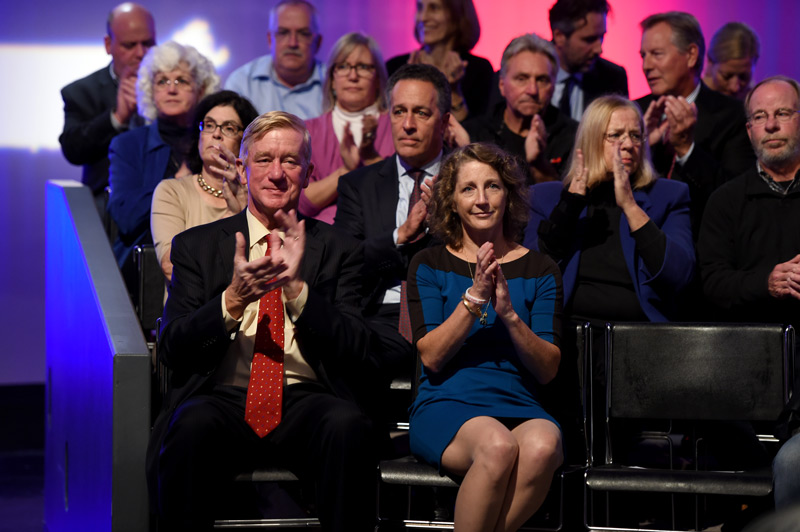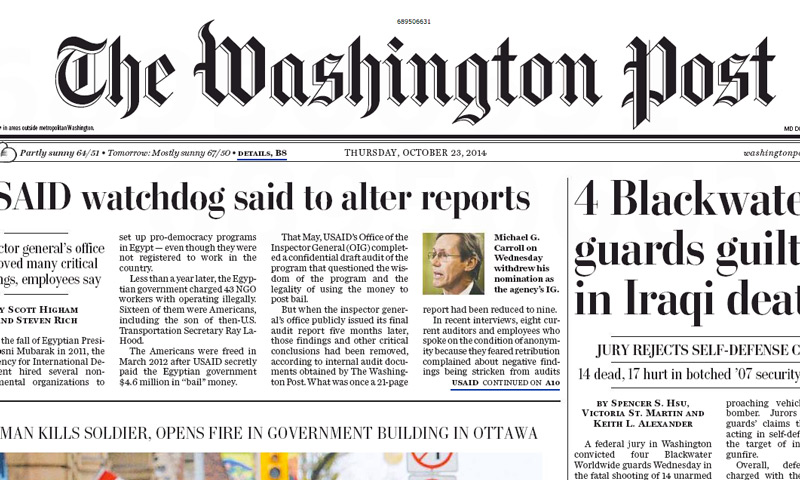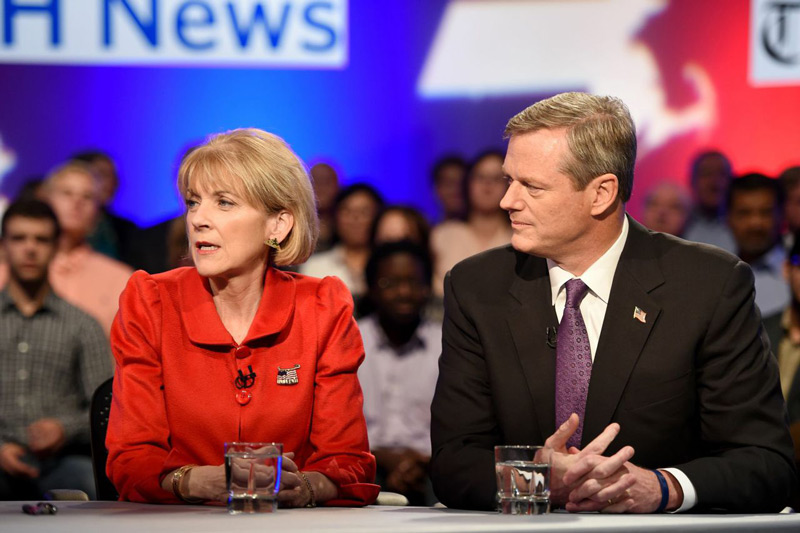Massachusetts is a liberal state where bona fide conservatives cannot win statewide office. If a Republican candidate for governor is perceived to be “a conservative” he or she will almost certainly come up short on Election Day. For this reason Republican candidates must win the battle to frame the media narrative. To do so, they have to succeed in making the race about the candidates, not about public policy.If a gubernatorial race turns on policy disagreements, an uphill climb becomes an impossible journey for a Republican candidate in Massachusetts. Instead, Bay State voters have to be convinced that what they need in the corner office is a proven manager, not a politician. Win or lose on Tuesday, Charlie Baker has won the battle to frame the media narrative.
One way to frame this year’s primary is to note that the dropoff in voting was steeper outside of Boston. In my home city of Worcester, for instance, turnout fell from 17.5 percent in 2010 (as compared to 12.4 percent statewide) and 26.6 percent in 2006 (as compared to 21.5 percent statewide) to just 14.4 percent.

The existing “rules of the game” advantage existing party structures – especially the Democrats given the make-up of Beacon Hill and our Congressional delegation. So what incentive do they have to make the change to election law – same day registration – that has the most potential to change turnout and the face of turnout in Massachusetts?
Each candidate’s base can, through rose colored glasses, claim victory. That said, this was a Martha Coakley win as she came across as decidedly more confident in policy nuance, transparency, and meaningfully connected to communities of color and women. Charlie Baker was not without moments that spoke to the independent and moderate Democratic voters central to his victory but his attempt to cast himself as the voice of middle-class voters was hurt by outsourcing, sick leave, and Ferguson responses.





